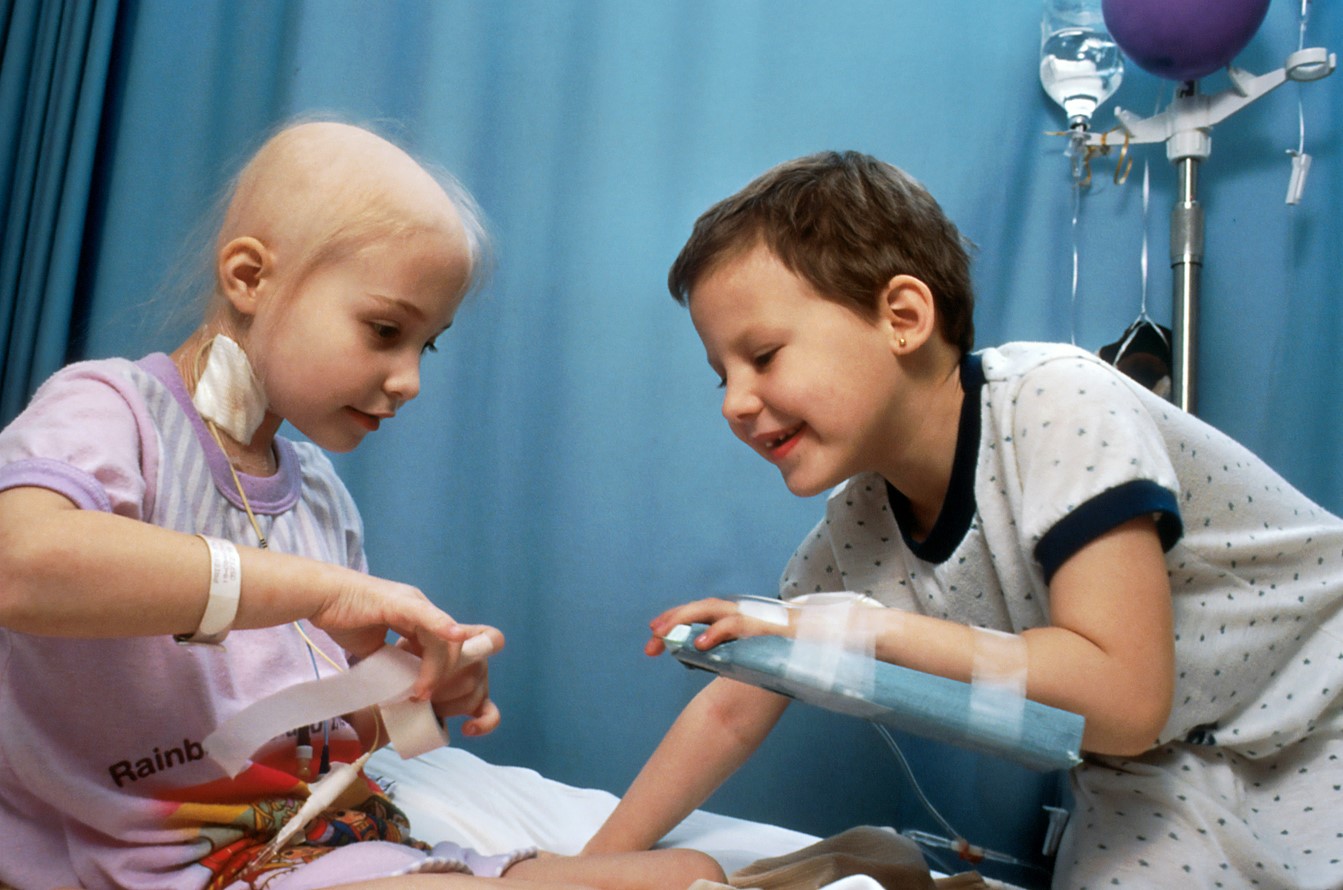Attachments
Note: Not all attachments are visible to the general public. Research URLs will go live after the embargo ends.

Journal/
conference: JAMA Oncology
conference: JAMA Oncology
Research:Paper
Organisation/s:
Boston Children’s Hospital, USA
Funder:
This work was supported by the
American Cancer Society (RSG-16-018-01 – CPHPS)
and the National Cancer Institute (R01CA227576
and U24CA55727). The St Jude Children’s Research
Hospital was also supported by the National Cancer
Institute (CA21765) and the American
Lebanese-Syrian Associated Charities. Conflict of Interest Disclosures: Dr Yeh reported
grants from the National Institutes of Health (NIH)
and the American Cancer Society during the
conduct of the study. Dr Stratton reported grants
from NIH during the conduct of the study.
Dr Armstrong reported grants from NIH during the
conduct of the study. Dr Chow reported grants from
NIH during the conduct of the study. Dr Leisenring
reported grants from NIH during the conduct of the
study. No other disclosures were reported.



 International
International


